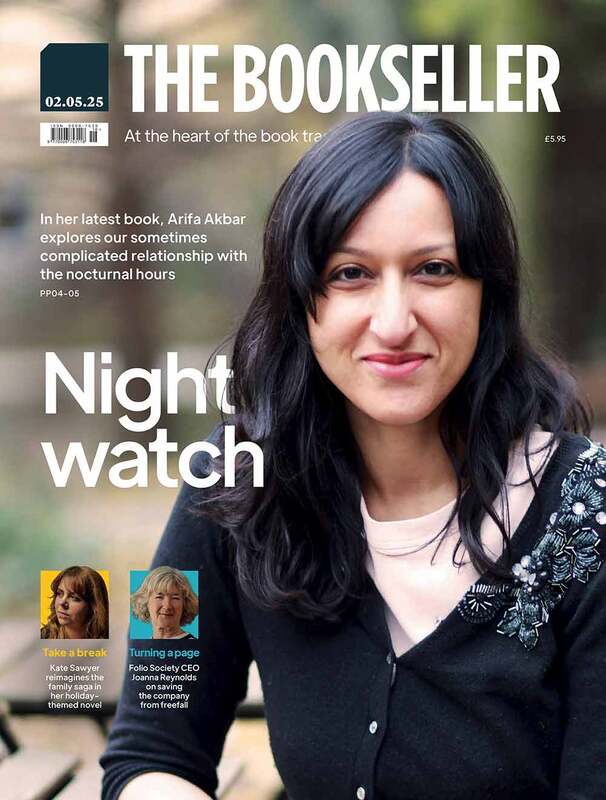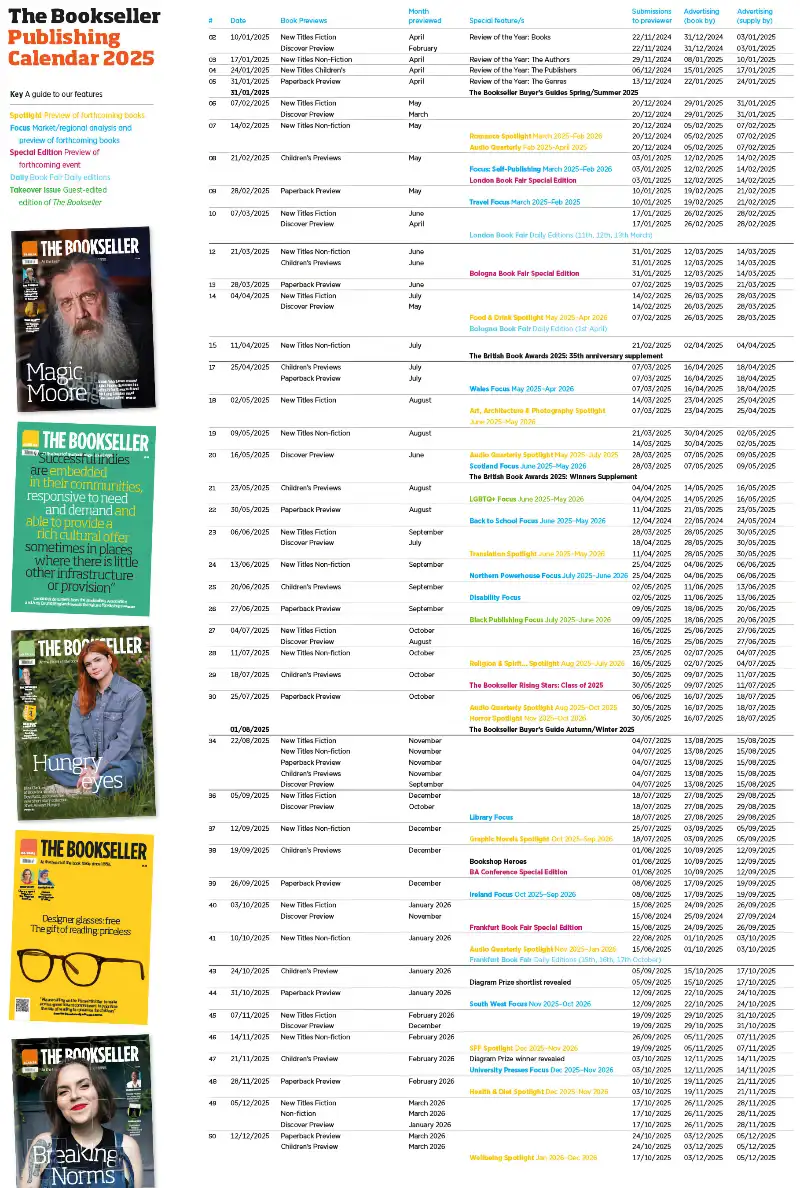Impact, not intent
We all make mistakes, and we all carry stereotypes and biases. But instead of putting up fences when this is brought to our attention, we can use them as learning moments.
If you are on Twitter, you couldn’t have missed it. Kate Clanchy’s memoir, that won the Orwell Prize for Political Writing, is rife with racialised descriptions of her students. Words such as chocolate and almond used to describe skin colour, tired tropes of hair or size of bosoms used to stereotype different ethnicities, the shape of skull and other facial features such as nose used to define them. It was shocking once these snapshots of whole pages from her book were being shared. There has been a sense of disillusionment with how such language passed through the numerous rounds of copyediting, how a publisher could allow such words to get through in the public domain, and how a panel for UK’s most esteemed political prize could have missed the way autistic and minority ethnic children have been viewed and represented in this book. It is not the first time this was pointed out – Sandeep Parmar wrote about it in 2020 - but this is the first time it came to a wider attention, mainly because Clanchy insisted at first that these were all lies and that her phrases were taken out of context. There weren’t, and they hadn’t. The sense of dismay was further strengthened when a number of white authors with big platforms came to her defence.
I do not believe that only people of colour or other minority communities should be able to write about their communities, but when someone who holds power and privilege writes about them (us), they have to know why they are writing these stories or characters in the first place. Because each time a writer tells a story from the perspective of someone on the margins, those on the fringes lose their voice even more. In my own memoir, which was also a political and social commentary on womanhood and motherhood, I refused to use physical descriptors for anyone. Nor did I include voices from the trans or non-binary community because I do not belong to these communities. I can only create space for their stories to be heard, but it is not up to me to speak on their behalf. I was very clear what my lens was - as a cisgender heterosexual woman - and in doing so, I was deliberate in avoiding tokenistic representation of other communities who exist on the fringes of mainstream publishing.
We know of bias in publishing, and whose stories get told and who gets to tell these stories. For a while, I have been uncomfortable with how Clanchy has built a career – a brand - around her student’s work, promoting them and in the process highlighting her role as a saviour of those who did not have any status in society. In doing so, yes, she highlighted the stories of refugees and students from impoverished backgrounds, but she also gained from their stories. I also wondered why she was benefiting from their stories, and in the process whether they lose their voice even further because someone else is speaking on their behalf. There have also been many poets and writers working with inner school children for a number of years, so it is also worth considering why it was only Clanchy’s work that has gained so much attention and respect. Is it because the predominantly white publishing industry has found it easier to relate to her position and experience?
In my relatively short non-academic writing life, with three books in the last two years, I have wondered a lot about what it means to be a marginalised writer, an under-represented voice, when we are not just one identity but always overlapping intersecting multiple identities jarring and jamming against each other. I have also wondered about the choices I make while writing about the words to use, the way these look on the page, the decision to italicise them or not, the things I can take a stand on and not. And I have thought a lot about the norms that exist in publishing that centre the discourse and norms in the global majority north, my voice that many agents and publishers will never be able to relate to, my life experiences that I have to justify and explain because my feelings and emotions are not legitimised as they don’t fit the norm. I have agonised over whether my language is inclusive or not. So, it is crushing to see that some people do not have to do the same, that they can get away with lazy stereotypes, words that would harm a child’s sense of self, especially when these are teachers who are working with young people everyday.
We all make mistakes, and we all carry stereotypes and biases. But instead of putting up fences when this is brought to our attention, we can use them as learning moments.
We all make mistakes, and we all carry stereotypes and biases. But instead of putting up fences when this is brought to our attention, we can use them as learning moments. In all my consultancy work and talks, one motto that I insist on is to ‘focus on the impact, not the intent’. When we focus on the intent, we centre ourselves, but when we focus on the impact our words and actions might have on others, we can metaphorically step into their shoes, and see what the world might look like from their perspective. This is a more empathetic way of negotiating our prejudices, the only way we can move beyond creating silos and echo chambers where we surround ourselves with people who agree with us, and who echo back our views and opinions. Unless publishing becomes truly inclusive, and there is a desire to listen to diverse stories without an assumption of who the reader is and what would sell or not, we have to all take individual accountability and responsibility. Until we can really break the shackles of the hierarchical hegemonies that we are all part of, we have to make sure that we put checks in place that can act as a filter between the stereotypes that we hold, and those that we activate in our writing.
Pragya Agarwal is a behavioural scientist, author and founder of the consultancy The 50 Percent Project. Her books are Sway (Bloomsbury), Wish We Knew What To Say (Dialogue) and (M)otherhood (Canongate), published this June. She can be found on Twitter at @drpragyaagarwal.




